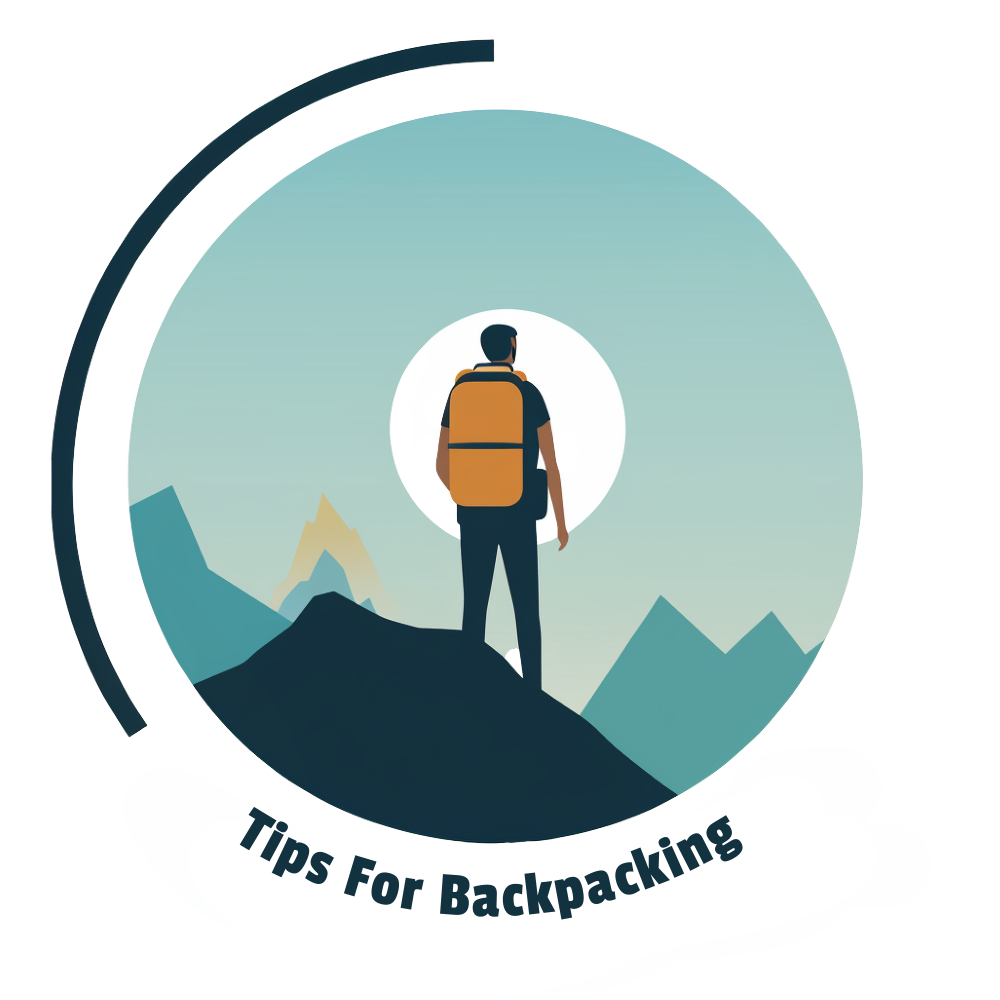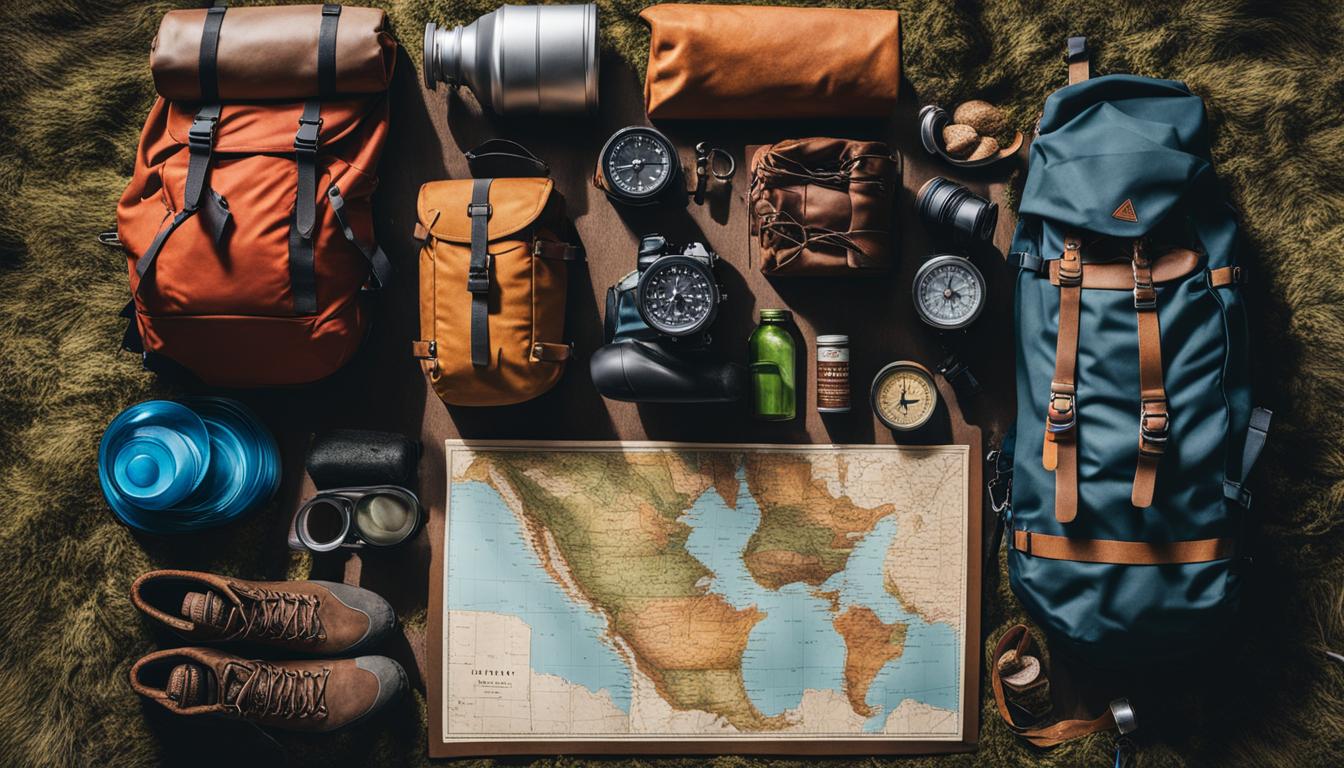Embarking on your first backpacking trip can be both exciting and daunting. As a beginner backpacker, it’s important to be well-prepared and equipped to ensure a safe and enjoyable experience. Here are some essential tips and advice to get you started on your backpacking journey:
Start small: Choose a route that matches your abilities and comfort level. Consider the terrain and select a trail that doesn’t require advanced skills like scrambling over steep slopes or boulders.
Proper navigation: Research your trip beforehand and familiarize yourself with using a map and compass. Take a land navigation course or read a book to enhance your skills. Go with someone experienced or be an active participant in planning and navigation.
Know your gear: Take the time to read the instructions and practice setting up your equipment before your trip. Understanding how to use your gear properly is essential for a successful backpacking adventure.
Be prepared for the unexpected: Stay informed about the weather and pack accordingly. Bring extra clothing and rain gear to handle changing conditions. Always tell someone where you’re going and when you’ll be back.
Stay safe: Be cautious when cooking to avoid accidents and burns. Prioritize your safety above all else.
Key Takeaways:
- Start with a route that matches your abilities and comfort level.
- Learn and practice proper navigation techniques.
- Take the time to familiarize yourself with your backpacking gear.
- Pack for unexpected weather conditions and inform someone of your plans.
- Prioritize safety throughout your backpacking trip.
Packing and Gear Tips for Beginner Backpackers

When it comes to preparing for your first backpacking trip, packing the right gear is crucial. Here are some essential tips to help you pack efficiently and ensure a comfortable and safe adventure.
1. Stick to the Essentials
It’s important to avoid overpacking and only bring the essentials. Start by making a backpacking checklist that includes items such as a tent, sleeping bag, cooking gear, water filter, first aid kit, headlamp, and clothing appropriate for the weather conditions. Remember to prioritize lightweight options to minimize the weight of your pack.
2. Share the Load
If you’re going backpacking with a friend or a group, consider sharing the load by splitting the weight of shared items like tents, stoves, and cooking utensils. This will help distribute the weight evenly and make it easier for everyone to carry their gear.
3. Plan Your Daily Mileage
Before setting off on your backpacking trip, plan your daily mileage based on your hiking abilities and the elevation gain of the trail. This will help you estimate how long it will take to reach your camping spots and ensure you have enough time to rest and enjoy the journey.
4. Check the Weather Forecast
Always check the weather forecast for the duration of your trip and pack accordingly. Be prepared for unexpected weather changes by bringing appropriate clothing and gear, such as a rain jacket and extra layers for colder temperatures. It’s better to be overprepared than caught off guard by inclement weather.
5. Physical Preparation
Backpacking can be physically demanding, so it’s important to build your strength and endurance through training before your trip. Incorporate regular hikes with a weighted backpack, cardio exercises, and strength training to prepare your body for the challenges of the trail.
By following these packing and gear tips, you’ll be well-prepared to embark on your first backpacking adventure. Remember, proper planning and preparation are key to a successful and enjoyable trip. So pack smart, stay safe, and have an amazing time exploring the great outdoors!
What are some essential tips for new backpackers that new hikers should know?
When embarking on a hiking adventure, it’s crucial to remember essential backpacking tips for new hikers. Firstly, always pack light and bring only the necessities. Secondly, familiarize yourself with the trail and be prepared for any weather conditions. Lastly, stay hydrated and take regular breaks to rest and refuel.
The Beauty and Benefits of Backpacking for Beginners
When I first started backpacking, I’ll admit I was a bit intimidated. But let me tell you, the rewards far outweigh the initial nerves. Backpacking offers incredible experiences and opportunities for personal growth, making it well worth the investment in gear.
One of the most amazing aspects of backpacking is the chance to explore remote and breathtaking landscapes that are not accessible to day hikers. As a beginner, you may find yourself on trails less traveled, where the beauty of nature unfolds before your eyes. It’s an awe-inspiring feeling that is hard to put into words.
Another benefit of backpacking is the opportunity to disconnect from technology and immerse yourself in nature. Trust me, there’s nothing quite like waking up to the sound of birds chirping and the smell of fresh air. It’s a chance to escape the hustle and bustle of everyday life and find peace in the simplicity of the wilderness.
But backpacking is not just about the physical and mental benefits. It’s about creating memories that will last a lifetime. Whether it’s conquering a challenging trail, sharing laughs and stories around the campfire, or witnessing a breathtaking sunset from a mountaintop, every moment spent backpacking is an opportunity for growth, adventure, and self-discovery.

